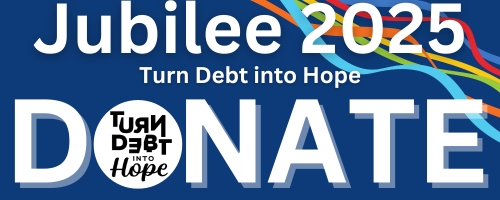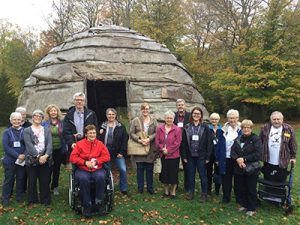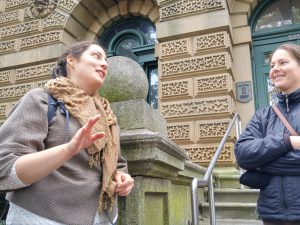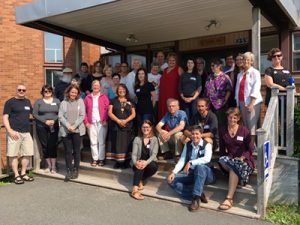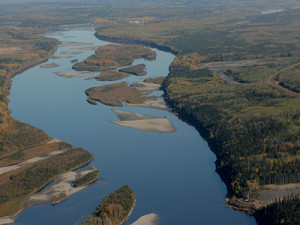What are the issues facing your watershed? Mining? Fracking? Oil exploration? Pipeline development? Who and what else do they affect? How are they connected to other struggles in Canada and around the world?
Join the KAIROS Reconciliation in the Watershed program to:
- identify the major ecological justice issues affecting where you live
- make the connections with Indigenous rights and the path towards reconciled relationships
- explore how they are part of larger Canadian and global struggles for justice
- blend biblical and theological reflection with hands-on environmental experience and social analysis.
If you looked at a political map of continental North America, you would see a brightly coloured array of 62 assorted shapes — the political divisions among 10 provinces, 3 territories, and 49 states.
If you looked a watershed map of continental North America, you would see 5 enormous, variegated shapes which follow the contours of the landscape — coasts, mountain ranges, tundra, arctic, prairie, and desert. And through these shapes flow rivers and streams, pausing in small ponds and huge lakes before pouring into the oceans that surround this continent.
The Arctic Ocean, the Pacific Ocean, Hudson Bay, the Gulf of Mexico, and the Atlantic Ocean: these are North America’s watersheds; these are the lands and the waters that feed and sustain us all. They are connected to each other; they connect us. And through the oceans they are connected to watersheds throughout the world. Through these waters, we are connected to brothers and sisters throughout the world.
As practitioners of Reconciliation in the Watershed, we’ll explore issues such as the ecological impact of resource development projects. We’ll learn about the effects of legislation like Bills C-38 and C-45, which significantly cut the environmental assessment process for resource projects and removed 99% of Canada’s inland waters from crucial environmental oversight.
We’ll work in solidarity with Indigenous people in Canada who are already witnessing impacts on water, ecosystem, and human health, and who are now, through these bills, being denied their right to exercise Free, Prior, and Informed Consent on industrial development in their territory.
We’ll make connections to global struggles – such as Indigenous peoples’ right to consent in the face of oil exploration in Ecuador’s Amazon, and gaining access to justice for those harmed in the course of Canadian mining activity overseas.
Whether they are near or far, these are all our struggles. They are all our struggles because through our watersheds, we are all connected.
We are all in this watershed together; what will we do to protect it?
Want to Get Started?
- Read a little of the theology behind our campaign in the reflection Prophets in this Place.
- Take a look at this watershed map of Canada. Find out which of the 5 major watersheds you belong to. Identify your local watershed (there are 594 from coast to coast to coast) and those to which you are connected.
- Access reconciliation in the watershed resources.
- Contac the Ecological Justice Program Coordinator at watershed@kairoscanada.org for more information.
